The past week saw the nation over run by a debate over a man whose name had been buried under the heavy weight of numerous acts of terrorism in the country. To hang Yakub Memon or not to hang him, became a burning question not only among the masses, but it also caused a dilemma for Supreme Court judges.
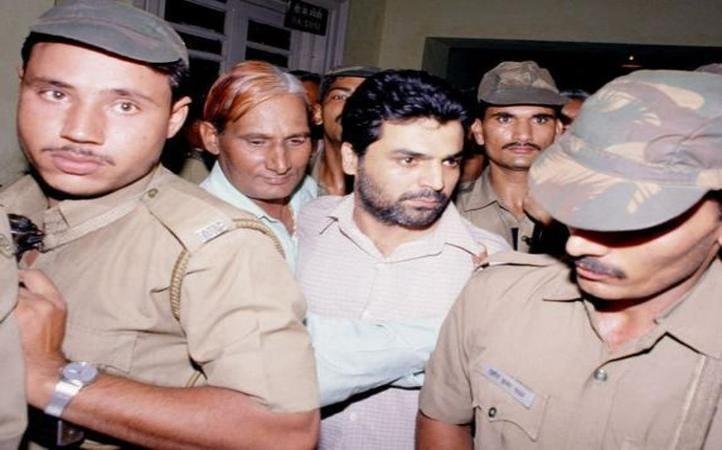
In this highly complicated discussion, many varying arguments were thrown in. But the common opinion was that Memon was definitely a terrorist, responsible for the audacious bombings that rocked Mumbai or Bombay as it was called in 1993.
Numerous arguments
Arguments varied from hanging Memon as retribution for the victims and their families, to not hanging him as the others caught in the case were pardoned, while several others were still at large. His cooperation in the investigation, including revelations on Pakistan’s role, was also highlighted.
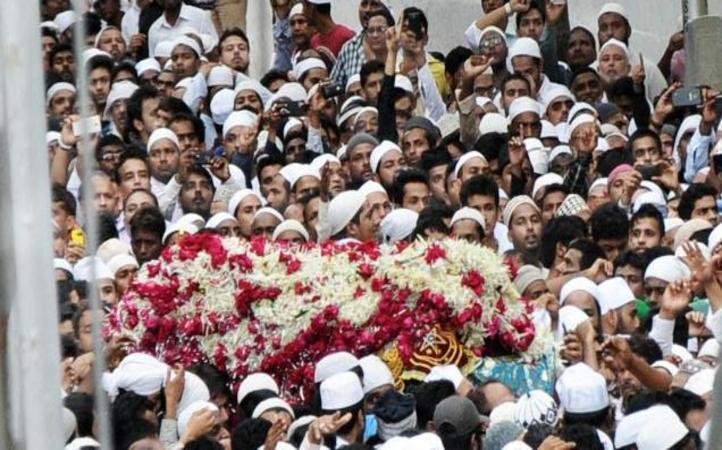
While some took a position against the death penalty, Asaduddin Owaisi and his ilk unleashed a viscous propaganda . By saying that Yakub was being hanged for his Muslim identity, Owaisi opened a Pandora’s box which has made things even worse.
All arguments might carry some weight, but one thing should be clear, Memon was a convicted terrorist and he was in no way a hero. The very notion that Memon’s hanging had anything to do with religion is itself nonsensical. There were ten other Muslims on the death row, and many others convicted in the same case, who are not being hanged.
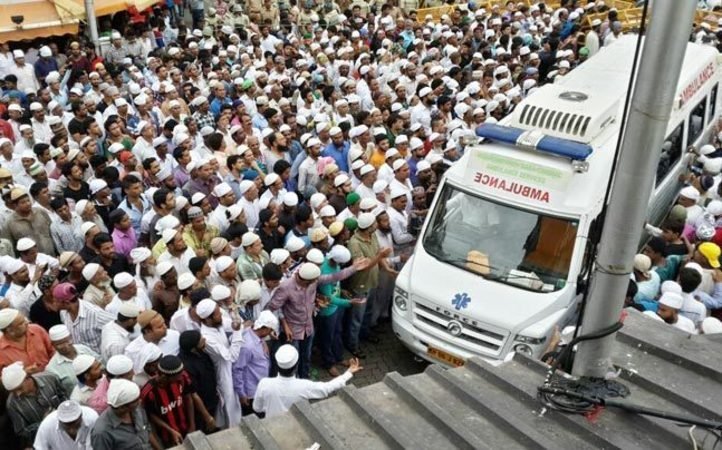
Certainly not a hero
That being clarified, everything that happened in the aftermath of the execution was a disturbing sight. It is natural for the family members of Memon to attend his funeral, but there was certainly no need for the thousands of Muslims to gather at his funeral and create a spectacle.
Muslims from distant suburbs like Mumbra and Kalyan traveled all the way to Marine lines for the funeral. The numbers were so high that two funeral prayers had to be held to accommodate everyone.
A very inappropriate message
The entire incident has given out a signal that the community came out to pay homage to a terrorist. This message is something that is bound to create resentment and panic in the society at large. Such a negative wave, specially at a time when the nation is already struggling to protect secularism, can create a very destructive fear psychosis between communities.
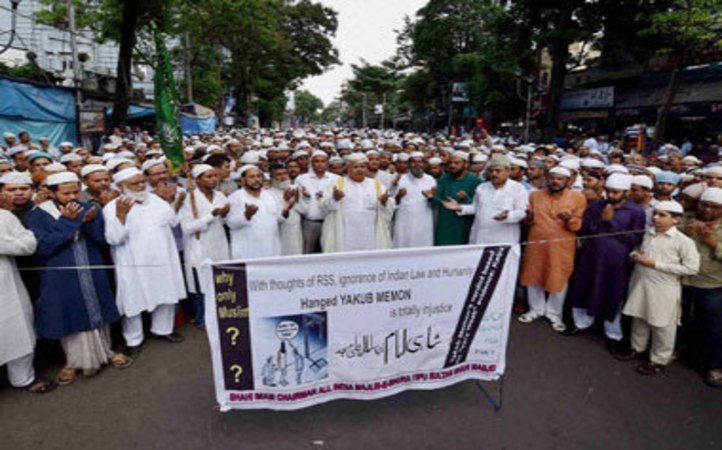
What’s worse is the that the sentiment that was reflected by this blatant glorification of a convicted terrorist has also managed to discredit genuine voices in opposition of Memon’s death sentence and the death penalty at large. Muslims are not facing the kind of discrimination that is often portrayed, but these actions might create problems for those who just want to live a better life and have nothing to do with communal agendas.
The reasons for such an unfortunate display of sympathy for Memon might be many but the notion that it was communal seems to be the most imminent one. While many were opposing the death penalty, Owaisi and others on social media were portraying Memon as a martyr.
No justification
It is very unnerving to see so many social media users making him look like a victim. Yes, there are those convicted for riots in 1984, 1993 and 2002 who have not been given the death penalty. Yes, there are others who have been given mercy in Rajiv Gandhi’s assassination. But, that certainly does not justify Memon’s involvement in the heinous act of terror.
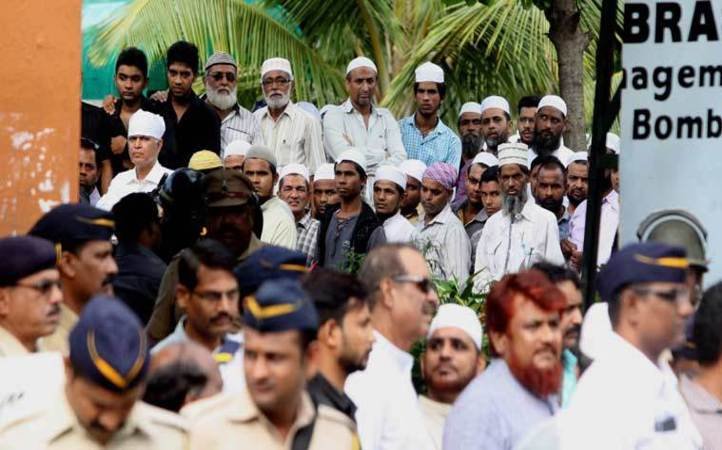
The whole euphoria that was generated in the social media might have led thousands to attend the funeral. Or, it might have been due to a sense of collective victimisation. But, the incident and its consequences are both upsetting and blood-curdling at the same time. The shameful parade might once again have sown seeds of mistrust and resentment which had taken a long time to weed out.
Echoes of the past
The Babri riots and the blasts that followed had torn apart the secular fabric of the country and a city known for its cosmopolitan culture. This turn of events might just mean that India, and especially Mumbai, have been brought back to the situation that prevailed after 1993.
Intelligence shd keep a tab on all (expt relatives & close friends) who assembled bfr Yakub Memon’s corpse. Many are potential terrorists
— Tathagata Roy (@tathagata2) July 31, 2015 All that had been done to heal the wounds of the past and restore secularism in the society seems undone. The communal schism among the masses may possibly have been widened by Thursday’s events.

















